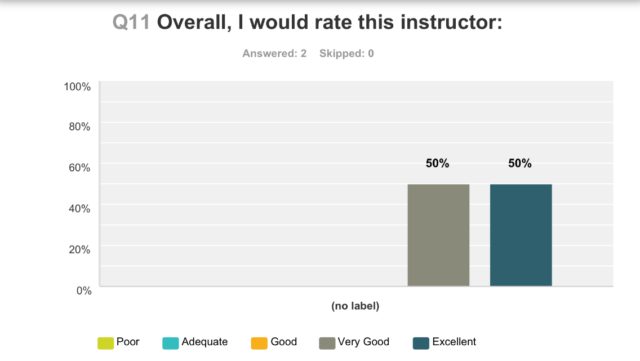Formative vs. Summative

Today has been an interesting day. I have experienced both summative and formative assessments as a teacher and learner. I can honestly say, they both feel different. What do I mean by this? Professional development workshops I facilitate emphasize the difference between formative and summative assessment in the context of BC’s New Curriculum. With this understanding, it is more manageable to navigate through the intentions of the curriculum and make decisions with respect to Communicating Student Learning and reporting student achievement.
The other element about assessment that must be mentioned is how integrally tied it is with our values… as a teacher and learner. Teachers are conveying their values and expertise onto students by evaluating or judging student performance and students internalize that judgement as part of their self-identity, self-worth, and self-efficacy. Hence, assessment and evaluation is ALWAYS a dynamic, vibrant, and fruitful conversation on #bcedchat. We all have something to say about assessment.
This morning I received feedback from teaching at Saint Mark’s College. The picture above shows the final question of the survey questionnaire. One student rated my overall performance as “very good” and the other “excellent.” It was an online graduate course with two students. I was learning on the fly. I have never fully facilitated an online course before. “Very good” and “excellent” are exceptional responses considering the circumstances. Furthermore, the previous 10 questions were either “excellent” or 50:50 “very good” to “excellent.” I got similar results at Simon Fraser University. I exceed faculty and university averages.
Not bad for my first year as a sessional instructor, but what was I really thinking when I got the news??? How could I be better? Why was the course not “excellent” for all questions? Why was I not “excellent?” Blah, blah, blah. Initially, I did not celebrate my performance, but dwelled (for a bit) on why I wasn’t perfect in all categories. Now this is CRAZY. I could take this as FORMATIVE feedback, but these evaluation forms do not provide strategies on how I could teach the course better or how the course content could be better. I had to hypothesize on what these could be. Thus, student evaluations are SUMMATIVE. It signals the end of the learning process.
This afternoon I received feedback on my dissertation from one of my supervisors. I was ecstatic. I have a tonne to work on but also I had a tonne of kudos. I say that I have lots to do, but it’s all very doable. This supervisor made no comments about Chapter 1, 3, and 4. I need to work on one part in Chapter 2, numbering and terminology in Chapter 5, and overall flow. Woohoo!!! What I love most was the compliment made about Chapter 5 (my chapter, my thoughts). This made me very happy. I can’t wait to jump in and delve back into my dissertation.
I have three chapters of detailed feedback from my other supervisor and the remaining two chapters should be coming very soon. I embrace this FORMATIVE feedback. Wholeheartedly I know that they are helping me to be a better me… to make my dissertation a better dissertation. They have the experience and expertise. They know the standards. They are supporting my learning and I appreciate their thoughts, critiques, and questions. I love how it makes me think and feel. I have much gratitude to receive this feedback. The learning process continues.
It’s been an up and down day… well, a formative and summative assessment day. I got two forms of feedback and had two different responses. I do feel great about my student evaluations from SMC and SFU but it took some time to step away from me figuring out ways to make things better (and go back in time to fix it). Certainly I can focus on areas that were below “excellent” or “perfect” and try better the next time I teach a course, but I may not have that opportunity. I loved the feedback from my supervisors and look forward to editing my dissertation, but there will be a day when my doctoral degree work will be summative and the learning process will end.
I had to blog about this today. It was so interesting to experience summative and formative assessments in one day. The feelings I experienced makes me more curious about the power of assessment and evaluation. It’s about getting excited about how things could be better. With BC’s New Curriculum and Communicating Student Learning, ongoing formative assessment is key. Summative assessments do signal an end to the learning process and one thing I know for sure is, you cannot go back in time to make things better (… and we cannot see through solids).